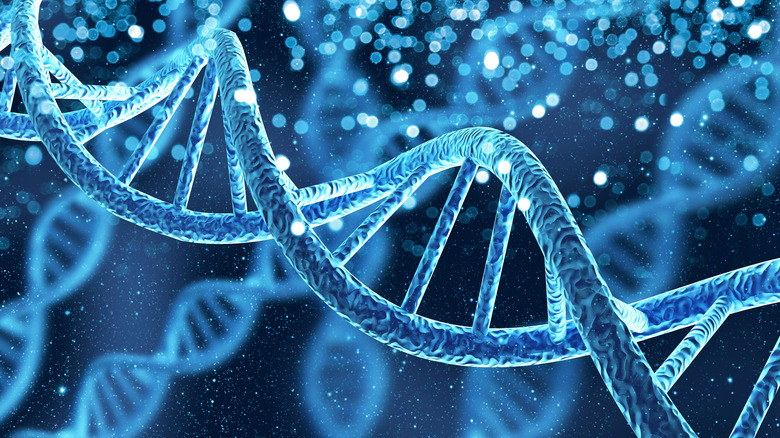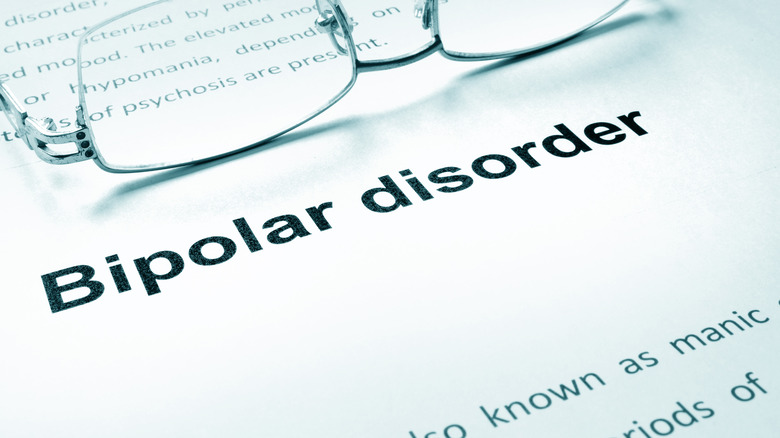During your lifetime, you may care for someone with bipolar disorder. Therefore, it’s crucial to learn how the condition affects those who are diagnosed and what contributes to its development. It’s also important to know that there is more than one type of bipolar disorder, each with similar yet differing symptoms. Knowing the difference between them can help you be there for someone with the condition.
The most prevalent type is bipolar I disorder, according to Ashley Addiction Treatment. The treatment center explains that bipolar I displays more severe manic symptoms than bipolar II, which is another type. In the midst of a manic episode, someone can experience feelings of euphoria and irritability. Consequently, they may engage in risky behaviors like impulsive spending, hypersexuality, or substance use. A manic episode may subside after a few days, or it can persist for months, notes WebMD. The severe symptoms can result in hospitalization. Most individuals with bipolar I also experience episodes of clinical depression, involving symptoms such as fatigue and feelings of sadness or worthlessness.
Bipolar II is another form of the condition. Compared to bipolar I, WebMD shares that episodes of elevated moods don’t reach mania. Rather than mania, people with bipolar II experience milder episodes of euphoria or irritability, called hypomanic episodes. They also experience major depressive episodes. Along with these common types, there is also cyclothymic disorder, which involves episodes of hypomania and mild depression.
Does the condition stem from nature, nurture, or both?

By learning about the factors contributing to the development of bipolar disorder, scientists hope to alleviate symptoms and improve the quality of life for those who are diagnosed. Some research suggests that bipolar disorder is highly heritable, with Medical News Today reporting that someone is more likely to develop bipolar disorder if they have a close relative who has it. Children with parents who have the disorder are especially susceptible to developing the condition, as explained by Verywell Health. However, not everyone who has a family member with bipolar disorder will develop the condition themselves, and the genetic components of the disorder are still not well-understood by researchers.
Having a genetic predisposition is not the only risk factor influencing the development of bipolar disorder. Medical News Today explains that highly stressful events such as sexual assault, abuse, or experiencing the death of a loved one can trigger symptoms of bipolar disorder among those who are vulnerable to developing it. Symptoms can also appear after a traumatic head injury in some individuals. In addition, manic or depressive symptoms can be exacerbated by drug and alcohol use.
If you know someone who has bipolar disorder, or if you have the condition yourself, there are treatment options that may alleviate your symptoms. In conjunction with therapy, medications such as mood stabilizers, antipsychotics, or antidepressants prescribed by a psychiatrist may provide relief to someone who lives with the disorder (per Verywell Health).




